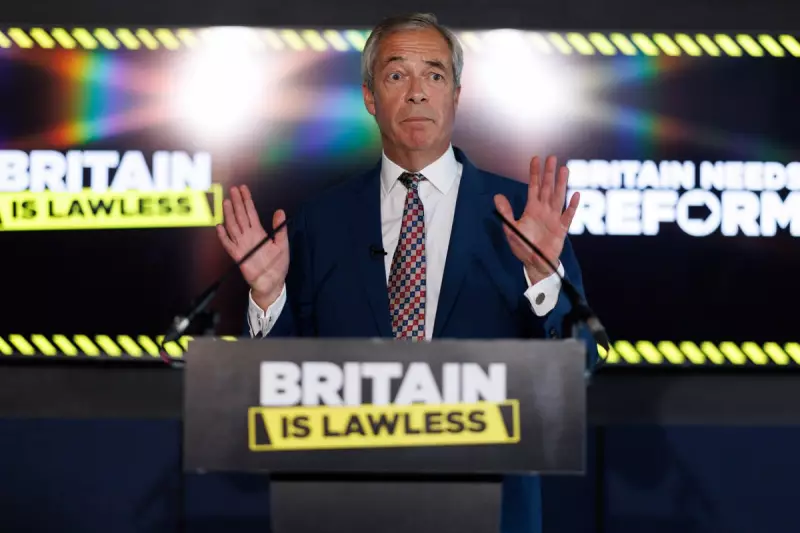
Nigel Farage, the outspoken leader of Reform UK, has once again stirred controversy with his claims linking immigration to rising crime rates in Britain. His recent comments, suggesting a direct correlation between asylum seekers and sexual offences, have drawn sharp criticism from opponents and fact-checkers alike.
The inflammatory claims under scrutiny
During a recent media appearance, Farage asserted that "the rape of English women" was being enabled by current immigration policies. These remarks echo similar statements he made during the Brexit campaign, where immigration was a central issue.
What do the statistics actually show?
Official crime data presents a more nuanced picture than Farage's rhetoric suggests:
- Home Office figures show no evidence that migrants commit crimes at higher rates than UK-born citizens
- Most sexual offences are committed by people known to the victim
- Crime rates have fallen significantly since the 1990s despite increased immigration
The political fallout
Farage's comments have been condemned by mainstream political parties and migrant support groups. Critics accuse him of:
- Using inflammatory language that could incite racial tensions
- Misrepresenting complex social issues for political gain
- Undermining genuine debate about immigration policy
A pattern of controversial statements
This isn't the first time Farage has made headlines for his views on immigration. His political career has been marked by:
- The 2016 "Breaking Point" poster campaign
- Repeated claims about pressure on public services
- Warnings about "cultural changes" from immigration
The broader immigration debate
While Farage's methods may be controversial, his comments come amid genuine public concern about:
- Record-high net migration figures
- Backlogs in the asylum system
- Challenges integrating new arrivals
Experts argue that responsible political leadership should focus on evidence-based solutions rather than inflammatory rhetoric that risks dividing communities.





